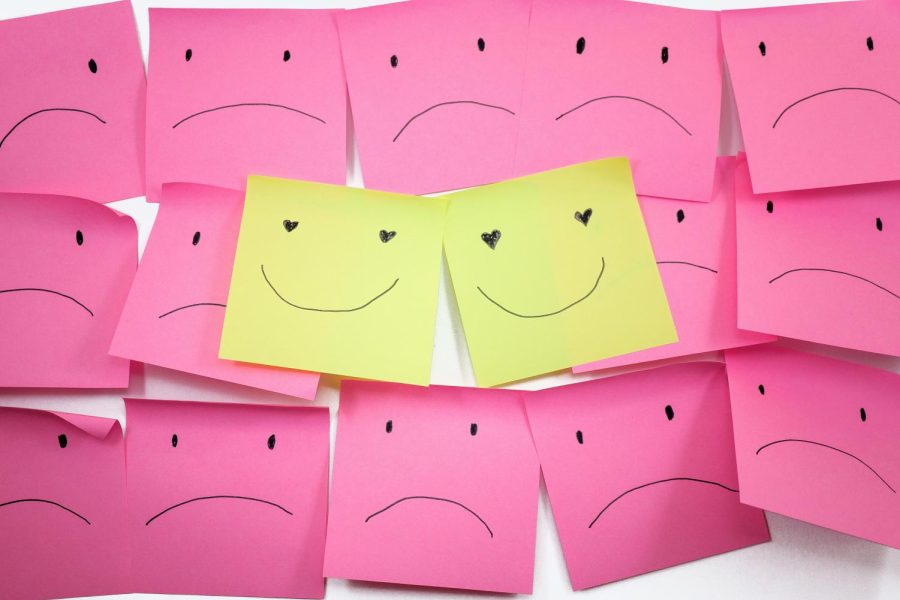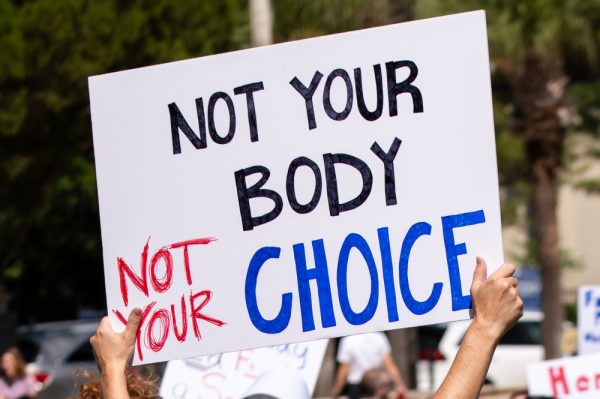Careless use of mental health terms hurts everyone
Mental health is taken more seriously than ever before. But the quickest way to invalidate mental health initiatives is to throw around terms in a nonchalant manner. It happens every day in almost any setting.
Schools can be hotbeds of such casual terminology. For instance, someone will say, “I’m so OCD” just because they like their handwriting to be nice. Examples like this undermine people who struggle day in and day out with mental health problems. It is a tiring struggle and deserves honest and real attention.
“I think throwing around mental health terms is not okay, and we should really watch the way we talk to people because you never know what someone is going through,” sophomore Stella Simon said.
Simon’s sentiment rings true, and therefore, kindness is always the best option. Even though not everyone has a mental illness, everyone experiences different stressors.
“I would try … to educate the person because no one should be made to feel badly about the state of their mental health,” MHS English teacher Laura Heyman said.
Many people joke about their issues as a way to cope with them, but it is difficult to know what makes each individual comfortable. It might not be a joke, or it might be that some are serious in thinking they have a disorder they simply do not have.
People are quick to dismiss the casual use of mental health terms because they do not consider how it might undermine a person’s real struggles. For some, joking is helpful. For others, it’s disrespectful. It is important for students to try to choose their words carefully to ensure no one gets hurt.






